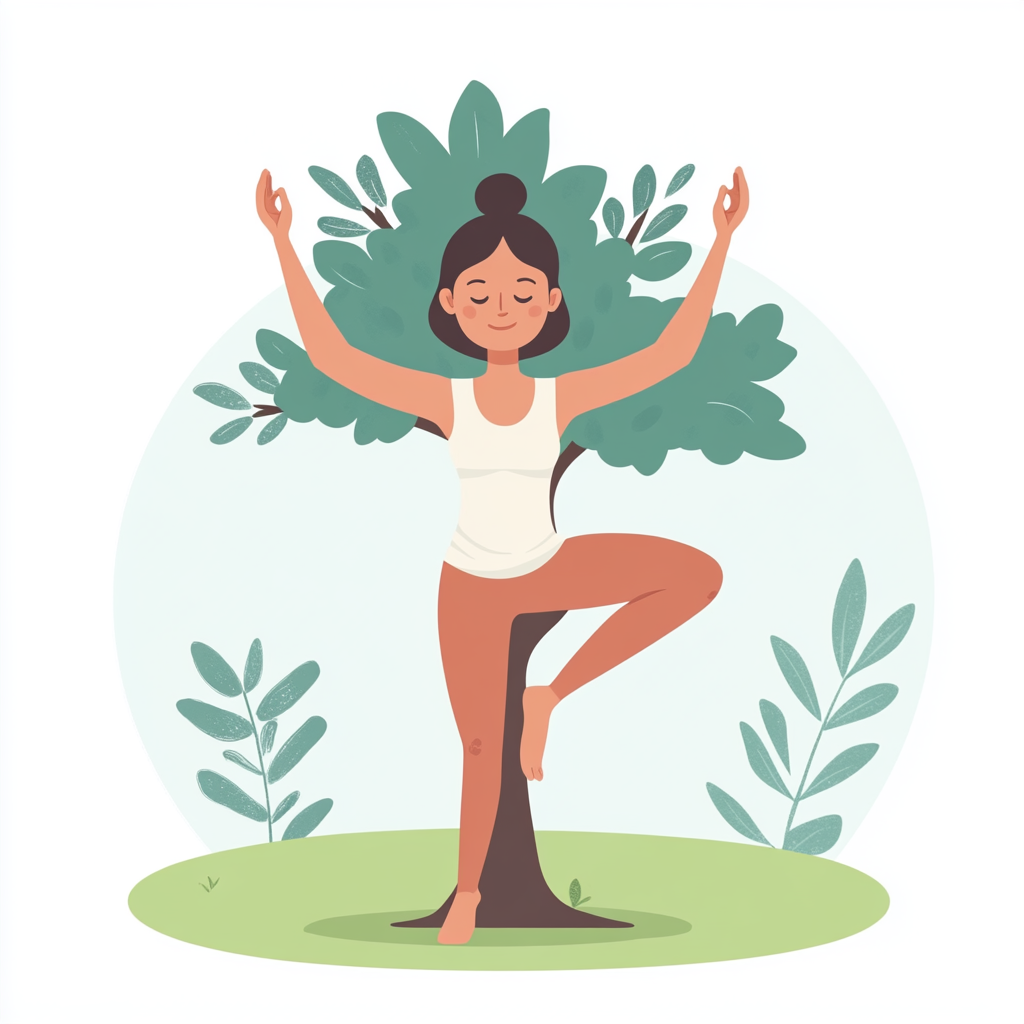Settling for Stability While Ignoring Red Flags
I see this all the time—and I’ve felt it in myself. That drive for stability after separation, to rebuild, to feel safe again. It’s understandable. When you’ve been through something as intense as a high-conflict separation, you don’t just want love, you crave ground beneath your feet. So we meet someone who seems like they have it all together. Good job, good car, a nice life. It looks like everything we’ve been trying to rebuild on our own, already built in front of us.
But here’s the thing—financial or lifestyle stability doesn’t equal emotional stability. Just because someone looks put together doesn’t mean they don’t have deep subconscious patterns driving their behaviour. And often, those patterns don’t show up until intimacy starts. Sometimes what we’re really chasing is not even the person, but the feeling of being safe again.
It’s like reliving money issues, childhood patterns, trying to grab onto something that looks like it will save us. And sometimes we don’t even realise we’re doing it. But if we start building a relationship based on someone else’s stability, instead of our own, then when red flags show up—dismissive behaviour, avoidant patterns, rudeness, disrespect—we don’t walk away. We explain it. We tolerate it. We even apologise for it.
It’s not because we’re stupid or blind—it’s our nervous system reacting. It’s responding to the fear of losing what we perceive as safety, not love. When you stop and actually ask yourself, do I like how I’m being treated? the answer is often no. But the fear of starting again is louder than the truth of the situation.
We’re often drawn to what we feel we’re missing. An anxious person might be pulled to the avoidant partner because they seem unaffected, in control. While the avoidant person is drawn to the emotion and care the anxious one brings, even if they can't hold it for long. And then the chase begins. One pulls away, the other runs toward. It’s not love—it’s survival patterns trying to feel safe.
That’s why I believe it’s so important to rebuild ourselves first. When you know you can build your own stability, you stop needing someone else’s to lean on. You stop bending who you are to keep the peace. You stop apologising for your needs. And you start choosing from a place of grounded truth—not fear.
We often go back to what’s familiar because it's easier than building something new. But comfort doesn’t always mean safe—it just means known. When you stick with it long enough, the new hard thing becomes your new normal. That’s where your confidence grows. That’s when you start to believe you are worthy of love and respect and that you can build your own safety.
So is it love that we’re chasing? Or are we being shown, through these relationships, what we still need to create for ourselves?
